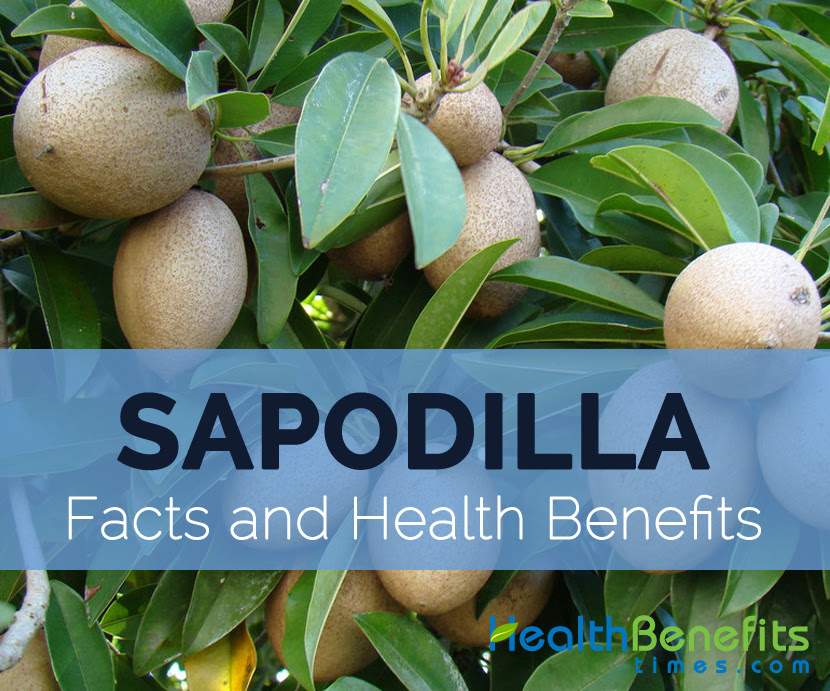What is in soda?
What is in soda?
Let’s talk about the ingredients in a few of the most common sodas.
First, they have water and carbon dioxide, which is what makes it fizz. That in itself isn’t bad. The other ingredients are really where the problem lies: sugar or high fructose corn syrup, phosphoric acid, and some sort of coloring agent. They also have caffeine. I won’t talk much about caffeine because I don’t think this is the biggest problem with soda. People are hooked on soda even if it is caffeine free.
Let’s explore these individually.
Sugar or High Fructose Corn Syrup (HFCS)
If you don’t do this already, you should actively scavenge the food labels of anything you buy. When you look at the ingredients, make sure that it has no HFCS. HFCS is cheaper than regular sugar. It has replaced sugar as the sweetener of choice for many products. There is plenty of research that shows this to be worse than sugar. It increases your risk of heart disease, makes it easier for you to gain weight and develop problems with the metabolism of fats and sugars. This results in problems such as high blood lipids (like cholesterol) and diabetes.
Given the obesity and diabetes epidemic that our world is facing, we should make sure to cut out anything that could add to the problem.
A standard can of soda has 39 grams of sugar or HFCS (about 10 tsp ). To help you put this in perspective, consider this: the American Heart Association recommends no more than 6 teaspoons (25 grams) of added sugar per day for women and 9 teaspoons (38 grams) for men. Children vary depending on their age and caloric needs, but range between 3-6 teaspoons (12 – 25 grams) per day. The World Health Organization has even lower recommendations! So, if you drink a can of soda in a day, you already blew your daily sugar allowance!
Phosphoric acid
Phosphoric acid, as the name suggests, lowers the pH in soda and makes it acid in order to prevent growth of mold and bacteria. It also gives it a tangy taste. It is usually present in higher concentration in the darker colas than the light-colored ones. By the way, we see phosphoric acid present in multiple other processed food products, so again, make sure you read the labels.
So, let’s talk about the effects of phosphoric acid when you put it in your mouth. As we mentioned, this chemical is an acid. The minute it makes contact with your teeth, it starts to weaken and dissolve the tooth enamel. This makes your teeth more vulnerable to decay and plaque formation.
Once it goes to your stomach and bowel, we absorb it. Here we get some other issues. A study looking at bone mineral density (BMD), which is a marker for osteoporosis, showed that people who consumed cola had significantly lower BMD than their non-soda consuming counterparts. Interestingly, commercial sodas that did not contain phosphoric acid did not show a decrease in BMD.
We know that calcium is needed to build strong bones and high phosphorus intake is associated with low calcium and low bone mineral density.
Another issue that has come up is that high intake in phosphorus is associated with kidney disease and damage, in populations with and without baseline kidney problems.
With so many different effects in our bodies, it is easy to see why we should avoid phosphoric acid.
Coloring agent
There is a substance called 4-methylimidazole (4-MEI) that is part of the caramel coloring used to darken cola type sodas. Research suggests that this agent is a potential human carcinogen and probably not something we should be ingesting on a regular basis (if at all, I would say ).
WHAT ABOUT DIET SODA? ISN’T THAT BETTER?
Well, in a word, no. People still get hooked on diet soda, thinking it is better than regular soda. A study found that people who drank diet soda daily had a higher risk of a heart attack and stroke compared to people who drank fewer diet sodas or even those who drank non-diet soda.
Even more interesting, recent studies suggest that there is a link between artificial sweeteners and weight gain, for unclear reasons.
Finally, artificial sweeteners in sodas are usually in the form of aspartame, which has been associated with issues from cancer to Alzheimer’s disease. Although the evidence has not been strong enough to change FDA recommendations regarding its consumption, I personally steer clear from it.
Reference:https://www.quora.com/Are-soft-drinks-such-as-Pepsi-and-Coca-Cola-injurious-to-health-If-yes-how

Comments
Post a Comment